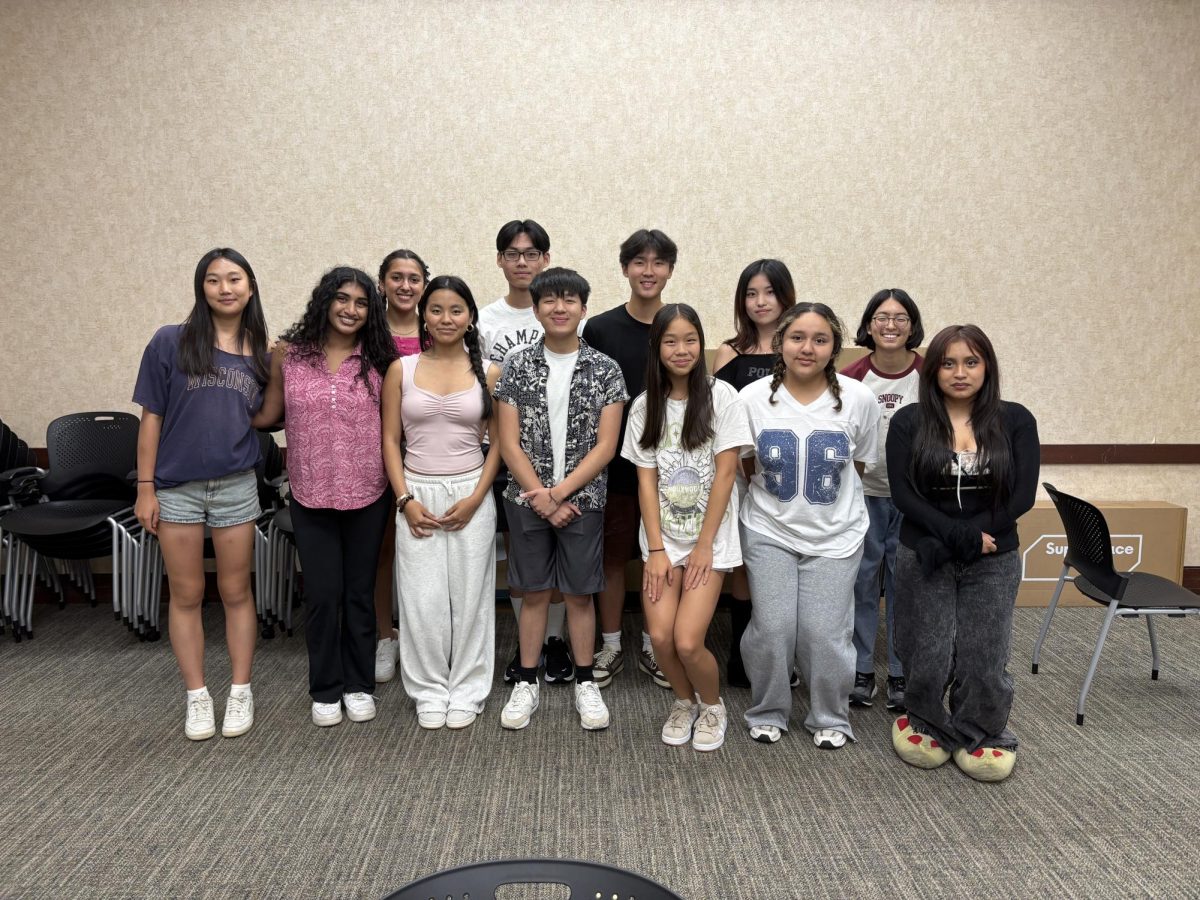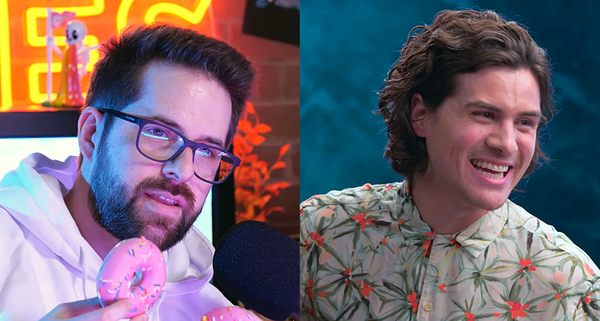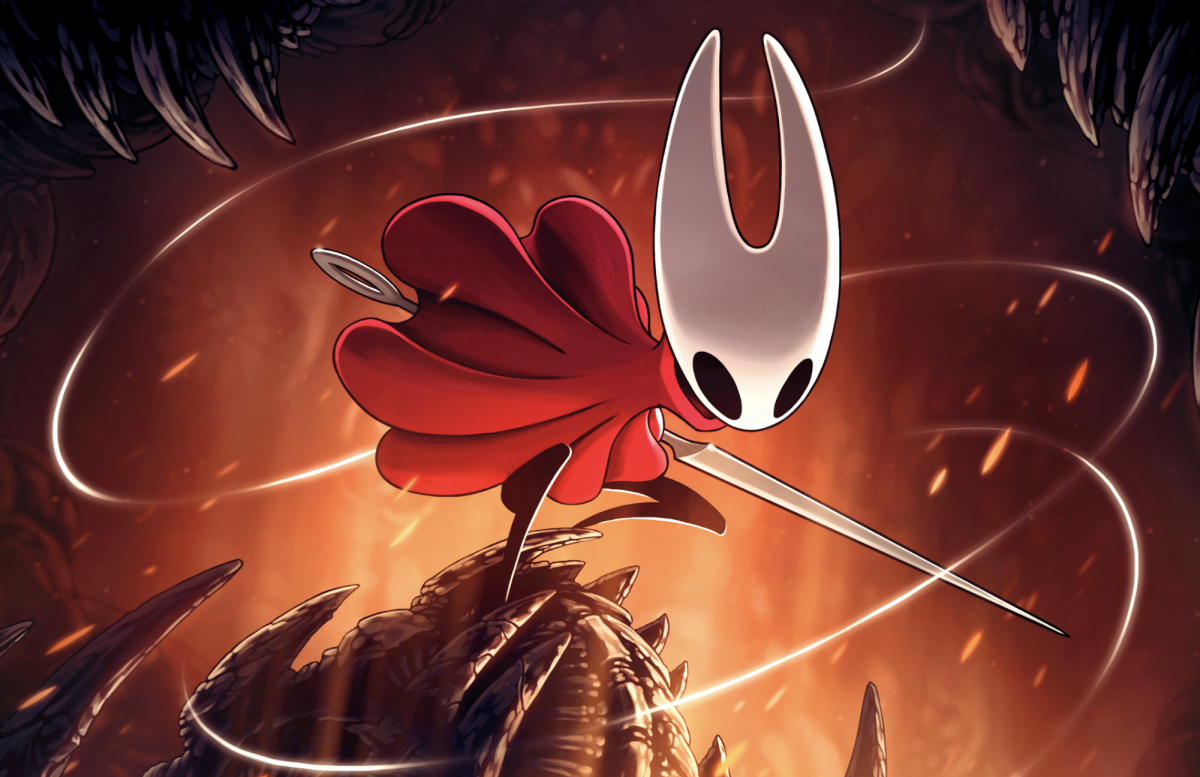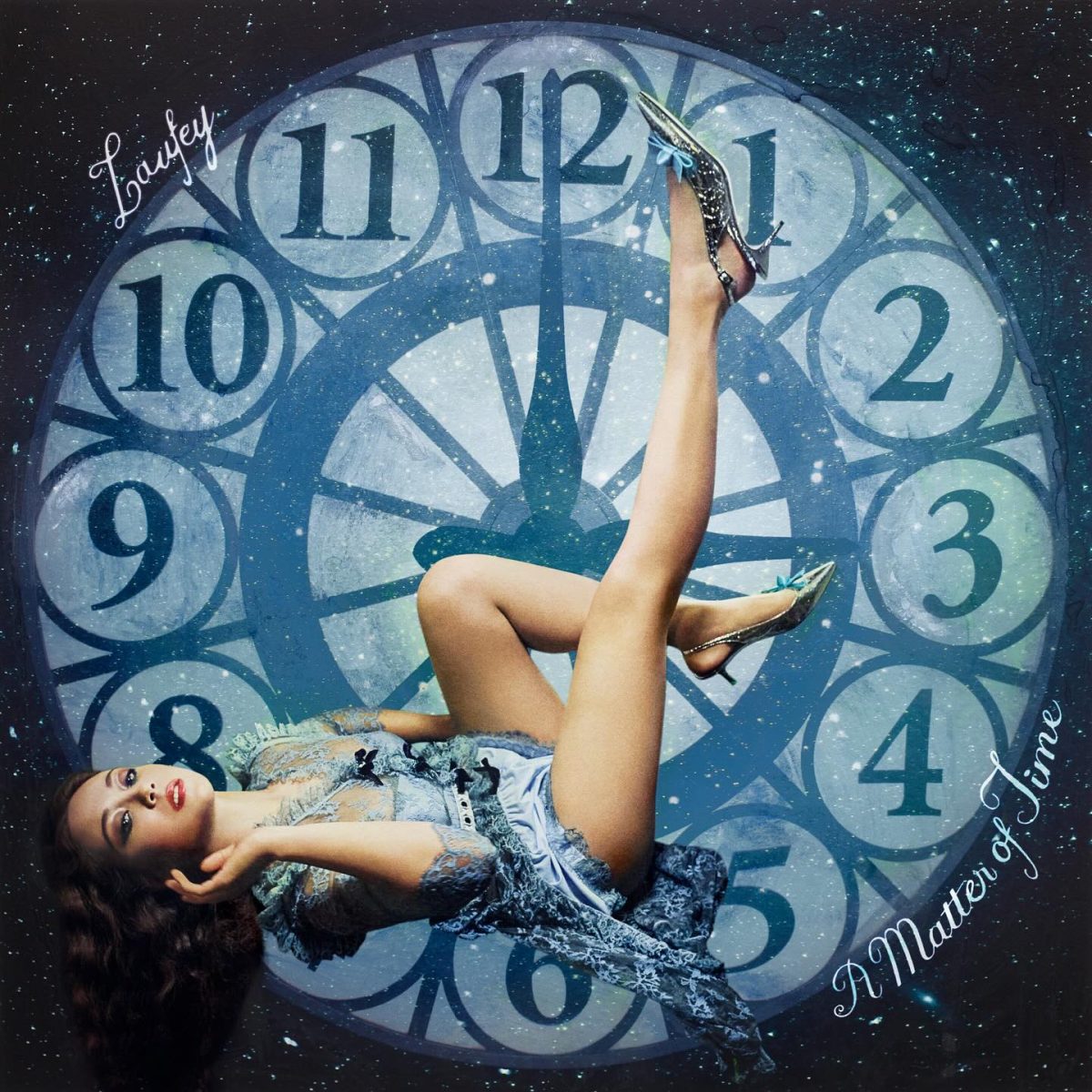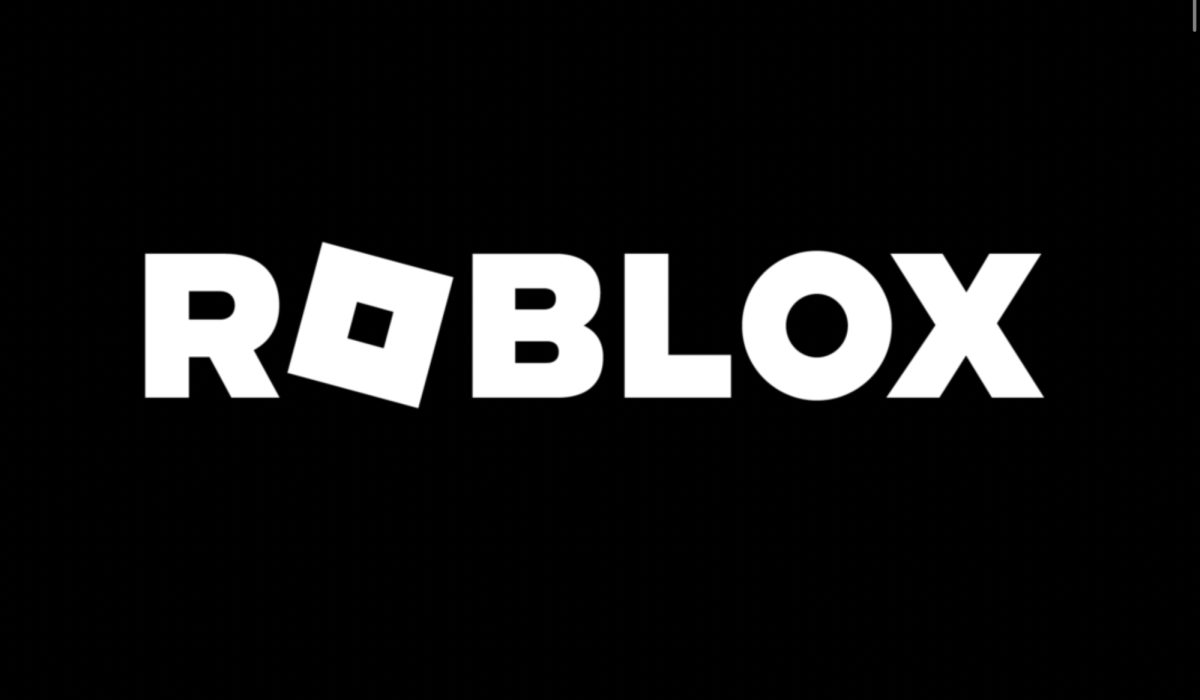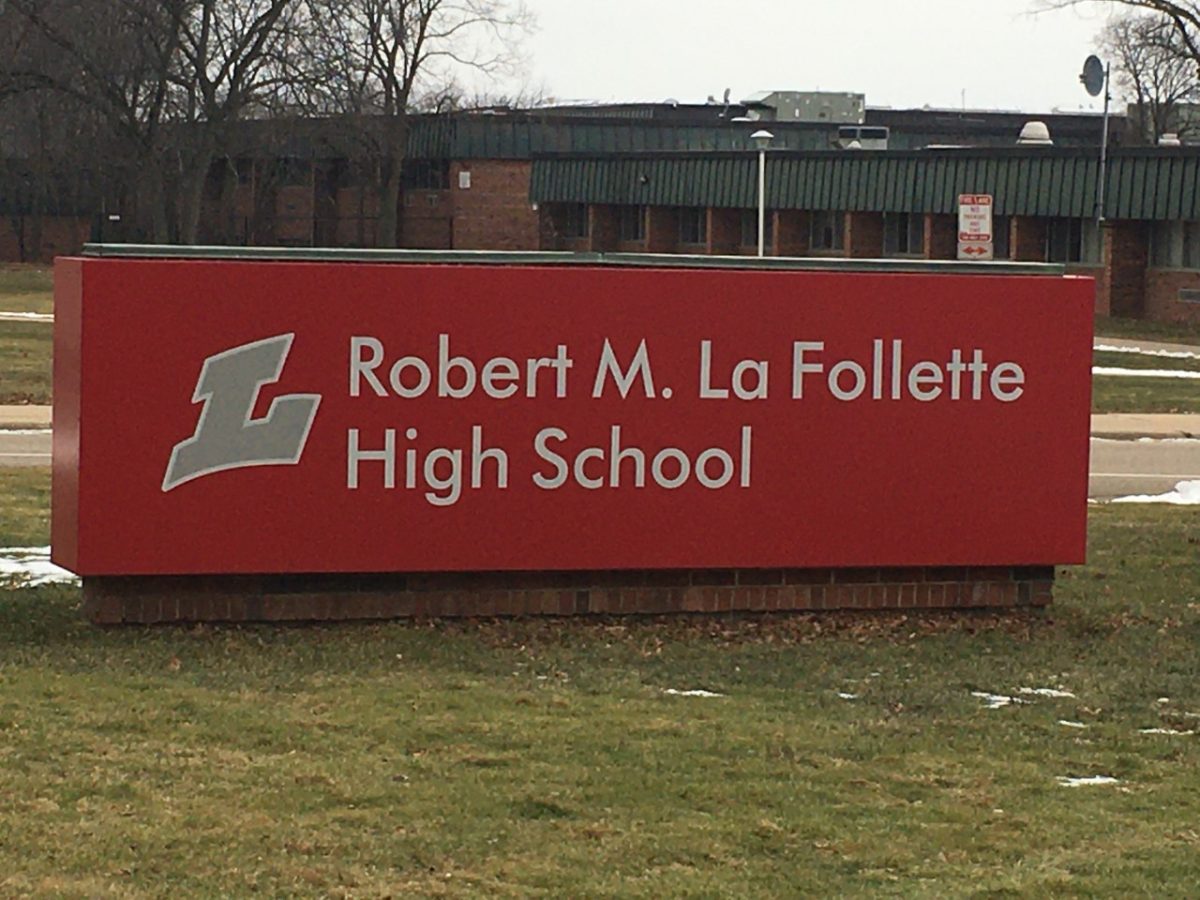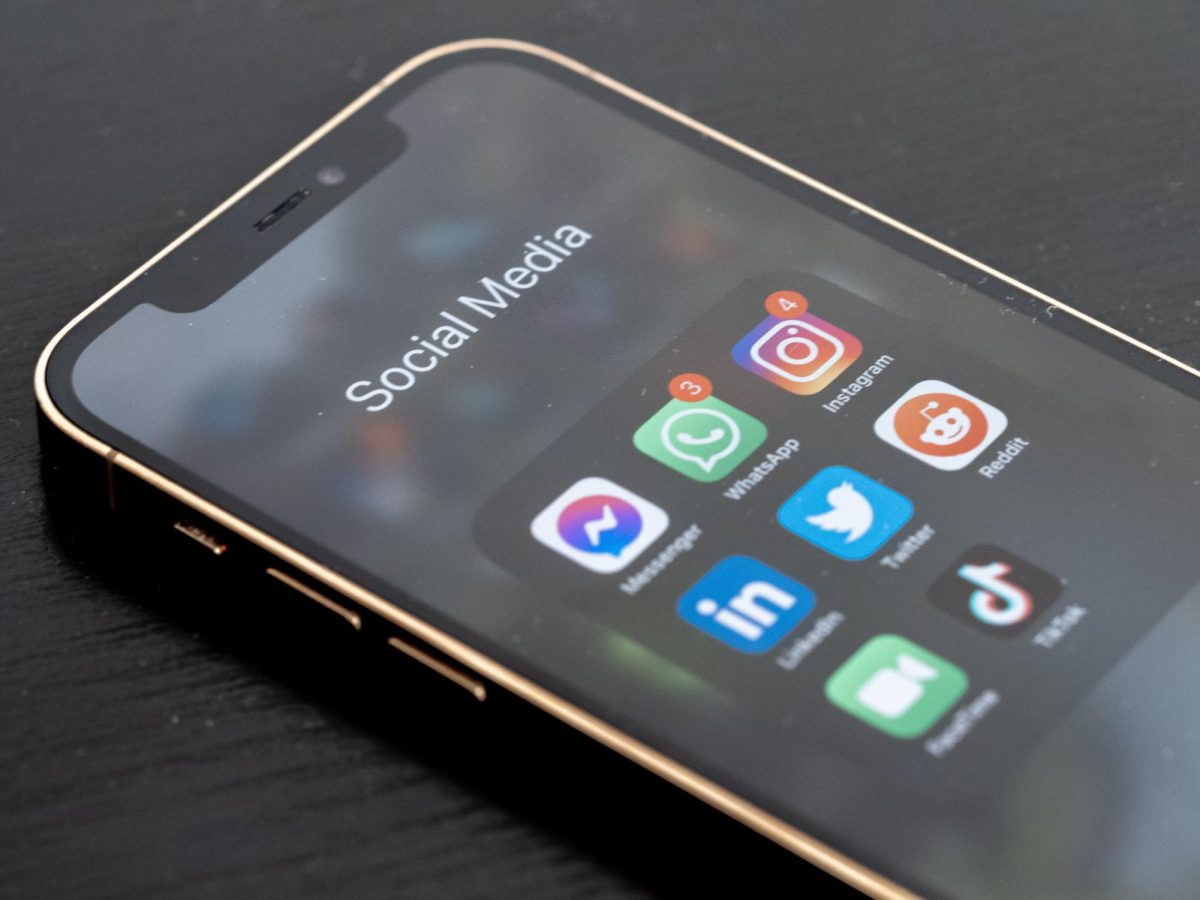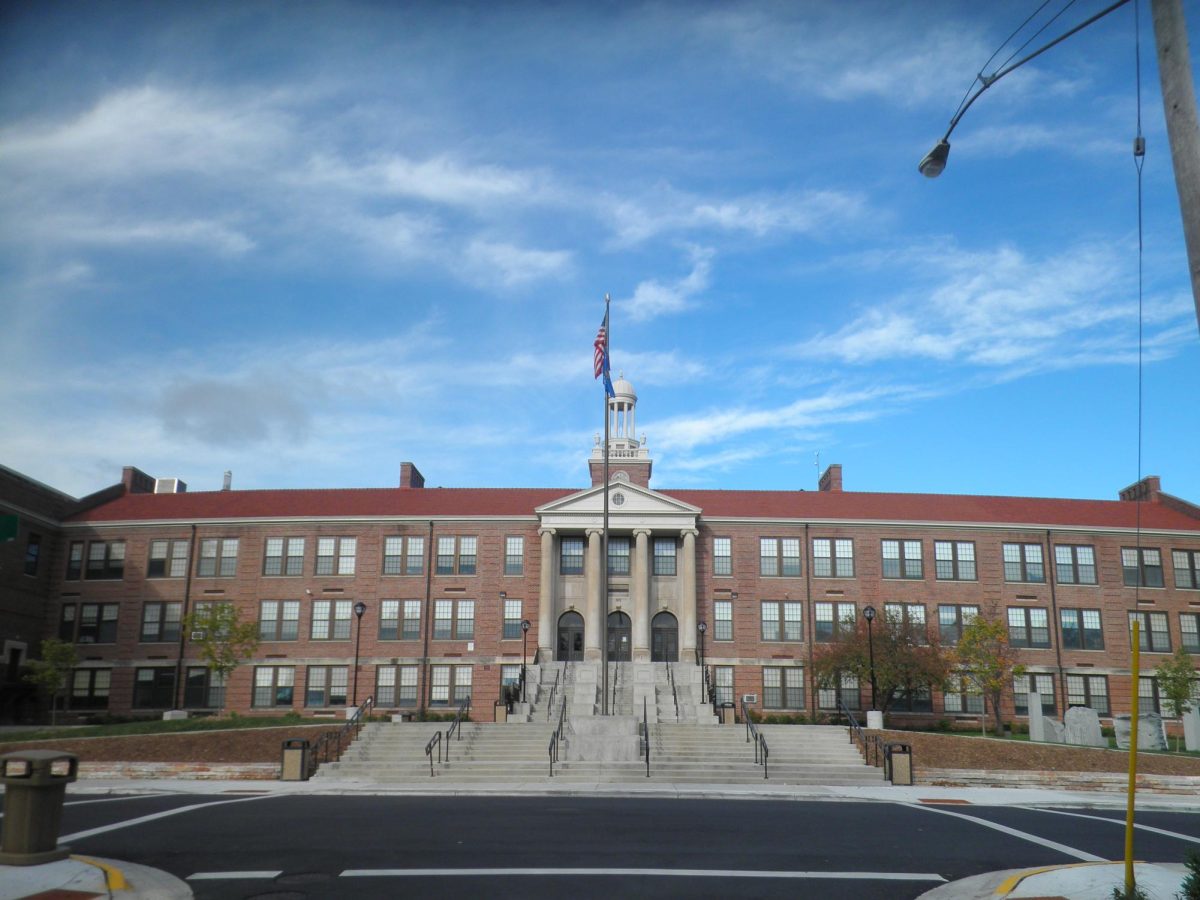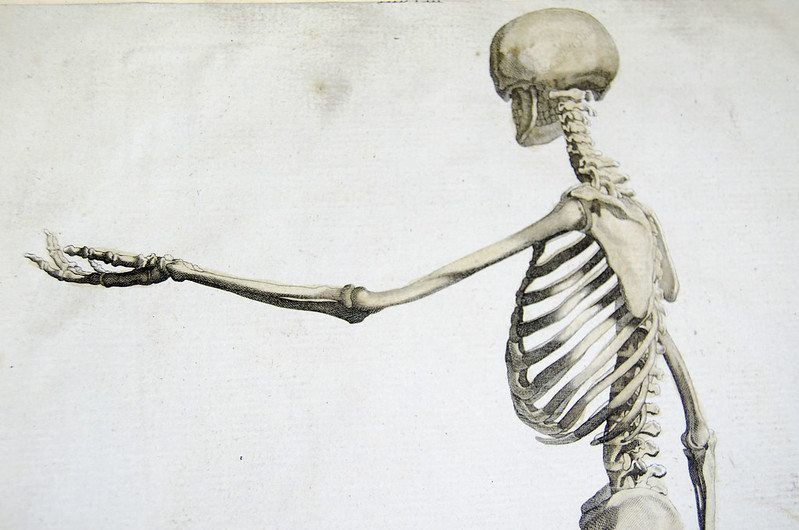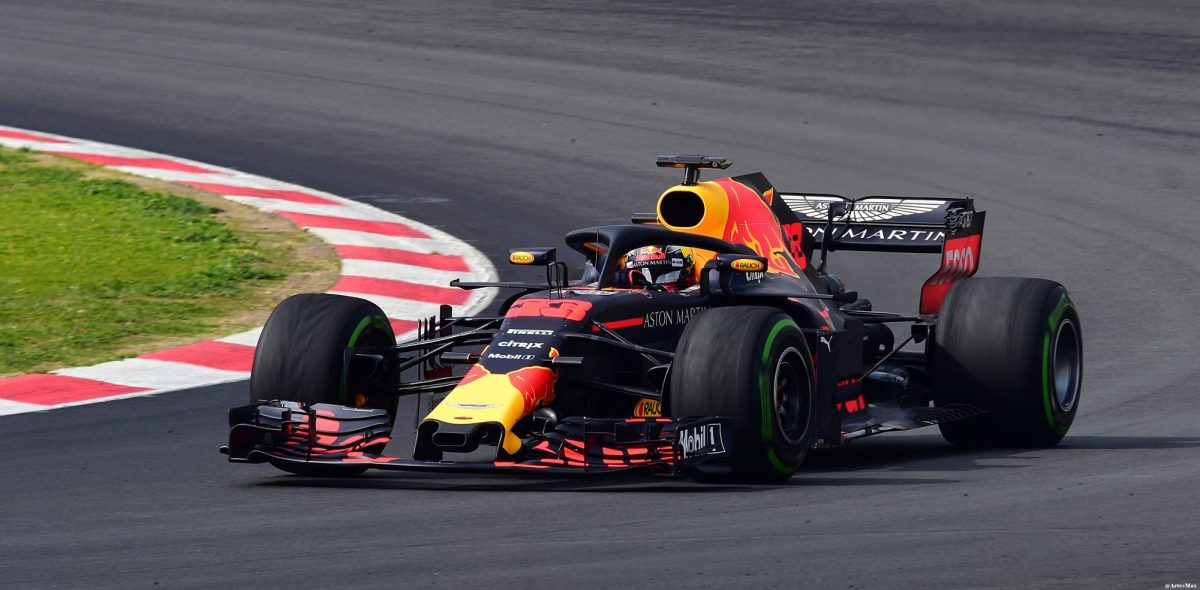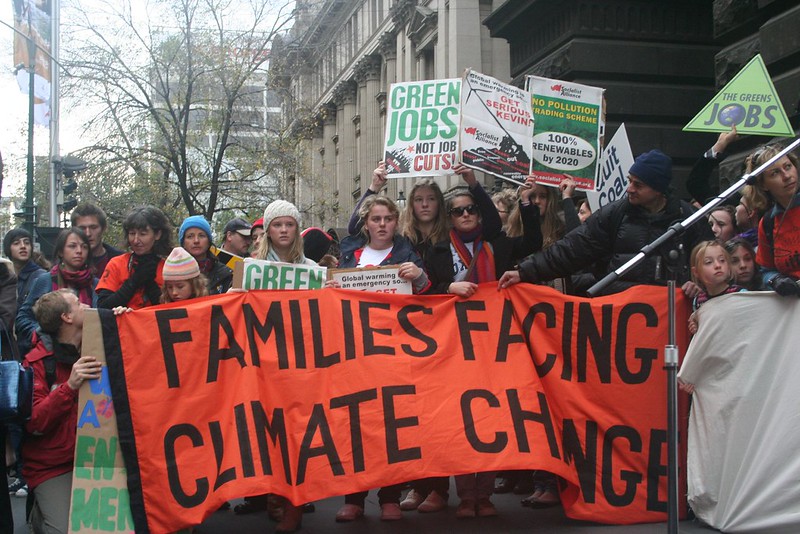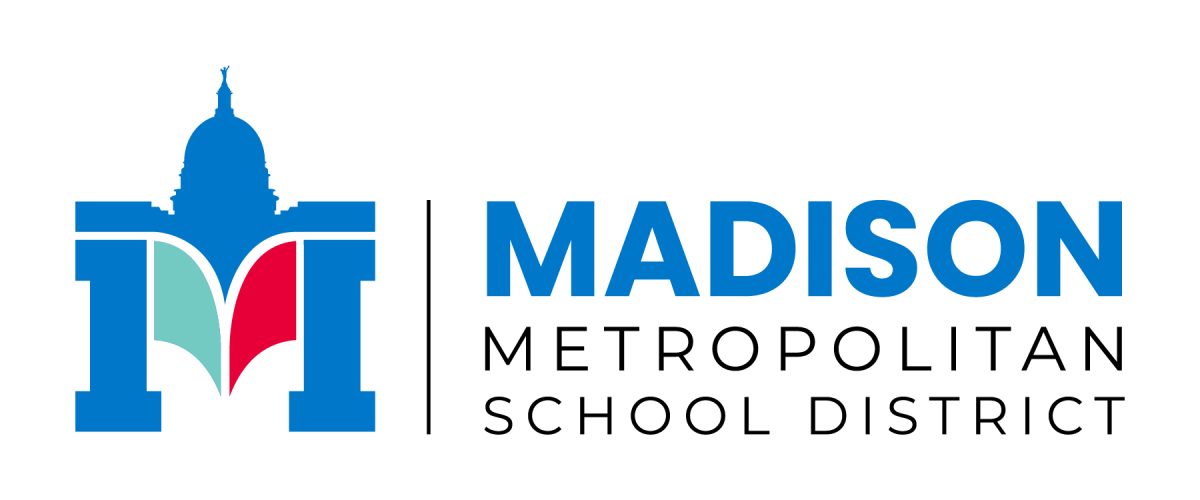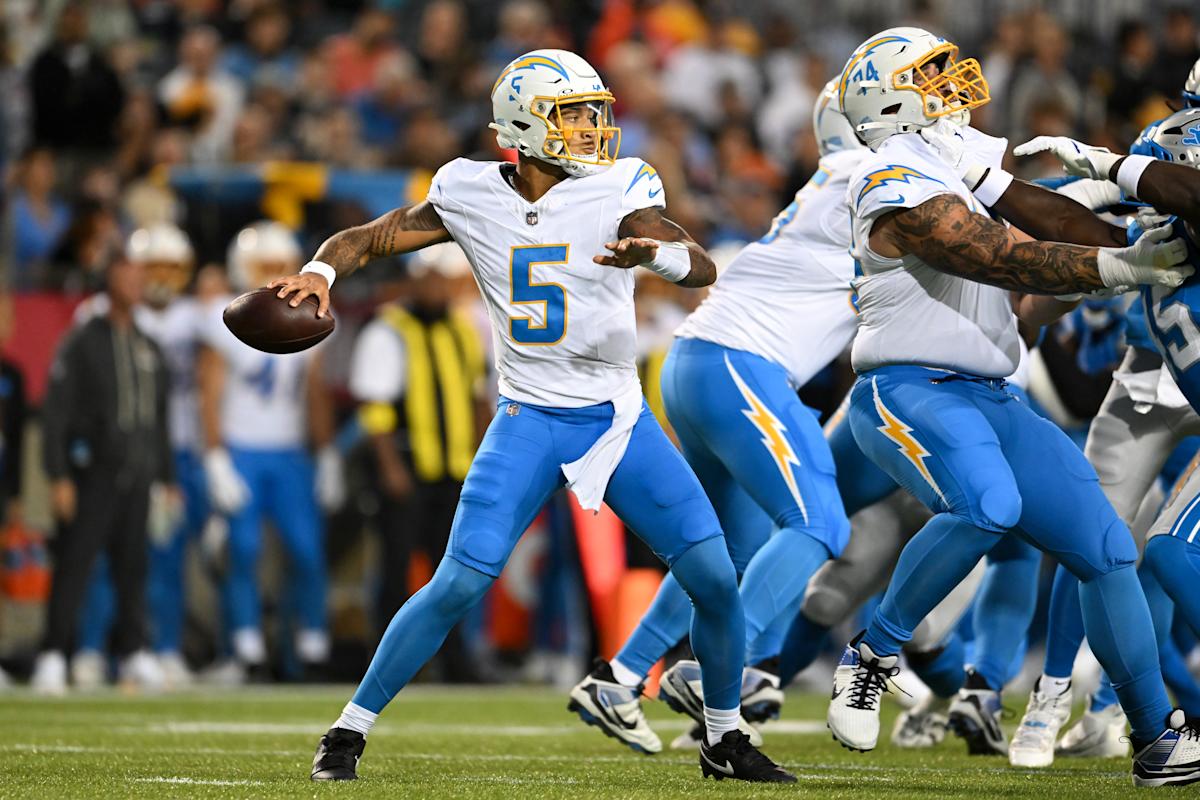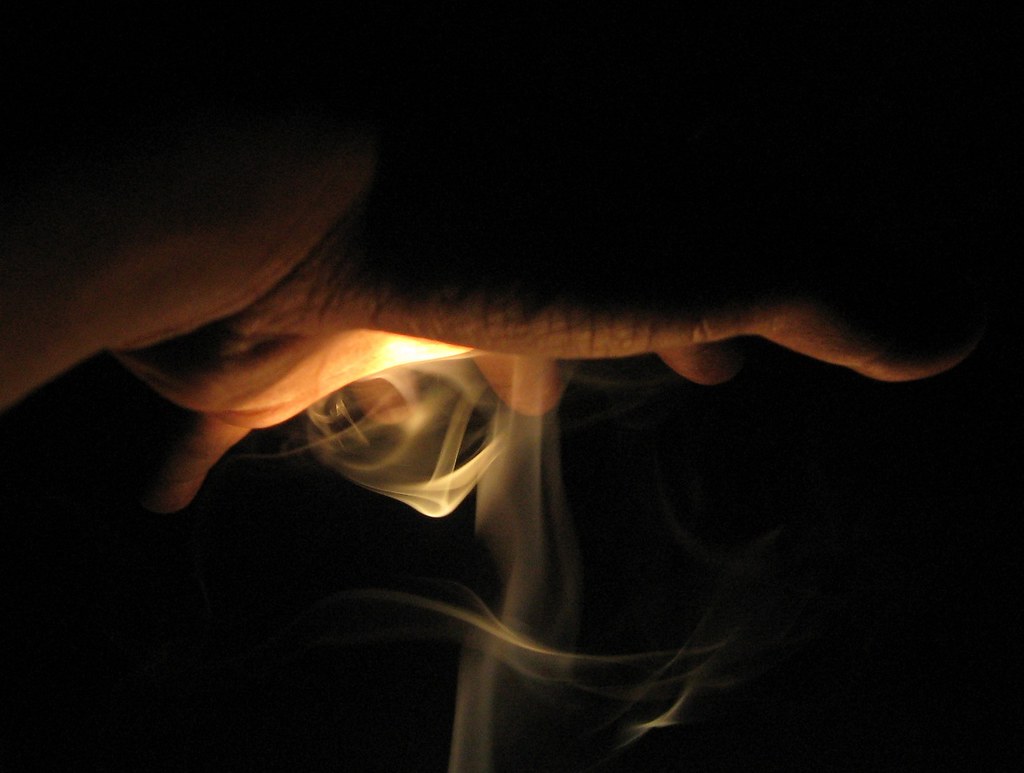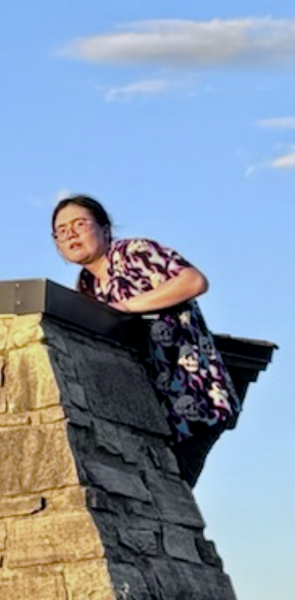I read a lot of bad books. It’s just a natural product of reading a lot of books—eventually, you hit one that isn’t very good. Additionally, you can’t really tell if it’s a bad book until you read it. Sometimes, you can tell it’s terrible from the first three pages. But other times, there’s just a slow, steady decline in the quality.
I find that the very worst books are the ones that are always making you hope that it’ll get better. The ones that taunt you with hints of an interesting plot or characters that are never really expanded upon, but you continue reading out of the hope that they will be. The worst books are the ones that have potential, and squander it. The Atlas Six is one such book.
When I started reading The Atlas Six, I had adopted a stance of cautious optimism. The book has been touted online and its synopsis and such as ‘BookTok famous’, something that’s always been a bit of a red flag for me. Not to say that books that are popular on social media can’t be good, it’s just that they tend to have a writing style or use tropes that I’m not particularly fond of. However, the Atlas Six seemed like it had the potential to break the mold. It seemed like it was going to be genuinely good.
It had a very interesting premise—six incredibly talented magicians competing to join an elite society to gain access to the secrets of the universe and even higher echelons of power, each with their own unique skill sets and goals. There’s also the additional caveat that one of them will have to die for the others to be indoctrinated, which sounds like a great recipe for mystery and character drama as they uncover this dark secret and wrestle with the moral dilemma.
The first section is incredibly interesting to read. You get introduced to each of the characters, who are all rather distinct, with fantastically unique voices, outlooks on life, and powers. I was excited to see them all be forced to collaborate in what was essentially a year-long magic research internship in a magic library, because it did seem like it was going to be fun to watch relationships and alliances unfold. It was a time of hope and beauty, those first fifty-ish pages.
More specifically, there is a scene that takes place on their first night in the library where they have to defend the archives from numerous organizations that are all trying to break into it. It’s a very cool scene—you get to see them work together, and it really establishes how powerful they are in comparison to the average person.
When I read this part, I thought: Aha! I know how this story is going to go now! It’s going to be the six of them having to deal with constant attacks from the outside whilst balancing the internal pressures of the group! That will build a lot of fun tension and interesting character dynamics, because even if they don’t like each other, they have to work together. It would also make the eventual reveal that one of them must die even more dramatic, because they also have to weigh who they can afford to lose from the fight to protect the library! What fun!
Except. They just never get attacked again. After that first night, they fix the wards and all those organizations never show up again in any meaningful way. It seems like it’s going to be very interesting. It seems like there’s going to be a lot of action, a lot of combat—and then there’s nothing. More than anything, The Atlas Six gives you nothing.
This is actually my main issue with the book. Nothing really happens in it. The beginning is great. The end is great—or the very least it’s intriguing. But nothing happens in the middle. You get the sense that Olivie Blake—the author— had planned out the beginning and the end, but the middle was completely unstructured and she just messed around for two hundred pages. This is because the middle is completely unstructured, and it does read like she was messing around for two hundred pages. Maybe two major events happen, but they’re completely buried in the avalanche of scenes entirely consisting of these people just being unbelievably petty to each other. It’s not even interesting to read. It’s just genuine, everyday pretentious cruelty. It isn’t unique, or special, or tense, it’s just grating. If I wanted stories about people being mean to each other, I would watch reality T.V. The whole thing feels like playground insults mixed with the world’s worst Philosophy 101 class, because they cannot go two freaking seconds without dropping the most lukewarm takes on the human condition.
Which is another issue: this book thinks it is a lot smarter than it is. It wants to be intellectual and have these big moral dilemmas, but it fails so hard because the only philosophical question they really manage to ask is if killing people for power is bad. Blake, I hate to be the one to tell you this, but we already know the answer to that question.
You could argue that it’s meant to be exploratory—after all, one of the big selling points of it is that the entire cast is cutthroat and highly ambitious. But the thing is, they aren’t. Half of them literally have no motivation. That’s not hyperbole. I really, really wish it was hyperbole. Three of the six characters—Half! Half of them!–have no clear reason for joining in the magic research internship, something that is painfully clear over the course of the book when they do no magic research.
Not to mention the fact that when the characters actually partake in any kind of magical research, it is glossed over so hard. This book loves telling and absolutely hates showing you anything at all. Two of the characters—Nico and Libby—make a freaking stable wormhole, something that is acknowledged as a huge breakthrough but is never elaborated on, ever. Those same two characters later make a black hole, something that also happens only to reassure you that these characters are super smart and powerful, as one tends to forget when ninety percent of the narrative is benign,overdramatized arguments.
If you don’t want to do a lot of hard worldbuilding about your magic system, it’s extraordinarily simple to not do that. Here’s the easy one step method: don’t make the entire premise of your book center around your characters researching magic. If you promise your readers magic research internship, then you better be ready to deliver some magic research! Don’t make your pitch ‘magic research internship’ and then decide that actually, this book is just going to be people just being mean to each other for 200 pages! Nobody who got excited about the prospect of a magic research internship wanted that, okay? Bait and switch was not meant to be used like this.
It’s kind of incredible how little worldbuilding Blake manages to do. She makes the occasional attempt at holistic worldbuilding, and fails so hard as it appears that she’s forgotten a key part of what makes that work. For you see, to successfully enact holistic worldbuilding, one must still worldbuild. You have to explain a little bit as you go, or at least put the characters in a position to give or receive an explanation. It would be fantastically easy to do this in terms of The Atlas Six’s magic system, because she was having these characters do things that would warp or break basic tenants of the system. In doing so, they presumably discussed said tenants, something that would both demonstrate their skill and inform the reader if Blake bothered to write it. But Blake does not write this. Instead, she writes a story wherein we never get a clear definition for half of the magic specific terminology. I had to learn the difference between a medeian and a witch from an interview with Blake, where she says that medeians are university-educated witches. But this also contradicts the book, as we know that several of the characters don’t have formal education in their abilities yet are still referred to as medeians. So all I really know is that medeians are nebulously more powerful than witches. I don’t know where they draw the line between them, I don’t know if a line is drawn at all—I don’t know anything, really, about this setting. You get hints here and there, but since Blake ensured that the characters spend the majority of their time in what honestly amounts to a shapeless void, we never learn anything. The Atlas Six wants to be dark academia, but it is most definitely not academic.
Of course, it’s not exactly dark either. As previously mentioned, there’s the huge plot issue of nothing happening for two hundred pages, which is not only painful to read, but also a huge tension killer. A huge part of the plot is the unfolding mystery—with the real mystery being why you’re still reading—of someone having to die for the other five to be indoctrinated, and all the questions that arise. Why does one of them have to die? What’s really going on with this society? Who’s going to die? Who can we afford to lose? Who can we manage to kill? Who is the most expendable?
These seem like interesting questions to see characters discuss, except it takes so long for them to even find out that someone has to die, something that is especially painful for the reader, who’s known that since the synopsis. And once someone figures it out, they spend so much time failing to tell each other that one person is going to have to die. And once everyone is in the know, they spend baffling amounts of time dancing around it. It just kills what little narrative tension Blake managed to accumulate. The only real stake in the book is that one person is going to die, but they spend so much time wringing their hands over this that by the end of the book, I wanted somebody to die. I was getting impatient.
In my opinion, after a certain point you have to pony up and deliver on your stakes. But (spoiler alert) Blake does not do this. She spends all this time building it up, and nobody even dies! I was so mad! She spent all this time promising major character death, and I was all set to read about these fools grappling with having murdered someone, and she didn’t even follow through! Major character death is a powerful tool—it can make or break a narrative, and it shouldn’t be wielded lightly. But frankly, this book didn’t have a lot left to break, and it had a whole lot left to make. I think Blake should’ve just gone for it. I don’t know the overall plot structure of the trilogy, but whatever it is I’m willing to bet it’s not as interesting as what could’ve happened if she really committed and killed somebody.
To be clear, I don’t believe in using character death lightly. Characters dying doesn’t always make the book more interesting to readers, in fact, it can do the exact opposite when overdone. But I think if you spend so much of the book promising that somebody is going to die, and then you don’t even kill anyone, it makes the stakes feel rather frivolous. It makes the reader painfully aware of the hand of the author—of just how fake, just how engineered the whole story is. Nothing in it really matters.
Overall, I think this book has a huge problem with killing its darlings—and I don’t just mean the characters themselves. The whole thing feels incredibly self-indulgent, like Blake really did just want to write a book about her beloved characters sniping at each other. The bones of something good are there, but they’re largely obscured by ridiculously pretentious meat. It fails to be dark academia, as it is, as previously established, neither particularly dark or anything resembling academic. It is, at best, desaturated cafeteria. It is a masterclass in tell, don’t show, and it is the best example I’ve ever seen of why sometimes, your editor needs to be mean to you.
While I was maybe three-fourths of the way through this book, my sibling asked me what it was about. I told them about the premise and the beginning section, but when I tried to tell them about literally anything in the middle, I couldn’t. There wasn’t anything to say. Nothing happened for hundreds of pages. And no matter how good the beginning, the end, or even the sequels of The Atlas Six are, that doesn’t erase the fact that so much of it was terrible. It only poses the question of why the rest couldn’t have been that good.


